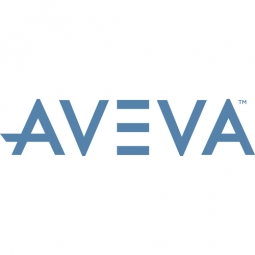下载PDF
Real-Time Value Chain Optimization from Pit to Port
技术
- 功能应用 - 库存管理系统
适用行业
- 金属
适用功能
- 离散制造
- 物流运输
用例
- 预测性维护
- 库存管理
服务
- 系统集成
- 软件设计与工程服务
挑战
Roy Hill, a fully integrated 55 million tonnes per annum (Mtpa) iron ore operation in the Pilbara region of Western Australia, aimed to build a greenfield iron ore mine and mine process plant based on modern control room automation principles. The goal was to establish end-to-end visibility of the entire mining value chain from pit to port and create an organizational culture free from bureaucracy. The challenge was to avoid the organizational silos that many leading mining companies have evolved from and realize resource-to-market potential by avoiding hidden inefficiencies. The company also aimed to connect, automate, and control each component of the pit-to-port mining site from a control center located 1,300 km away from operations.
关于客户
Roy Hill is a fully integrated 55 million tonnes per annum (Mtpa) iron ore operation located in the Pilbara region of Western Australia. The operation includes a greenfield iron ore mine, process plant, heavy haul railway system from mine-to-port, new port facilities and a Remote Operations Center (ROC) in Perth. The Roy Hill deposit has more than 2.4 billion tonnes of proven iron ore resource. At full capacity, Roy Hill will be mining almost 350Mtpa total movement, requiring 14 mining fleets. The company aims to meet a mining capacity of 55 million tons per annum.
解决方案
AVEVA partnered with Roy Hill to develop a tailored solution that included Demand Chain Planning and Scheduling (DCPS), Inventory Tracking and Quality Management (ITQM), Delay Accounting (DA), and Capacity Simulation Model (Pre-CAPEX Analysis). The DCPS solution enabled Roy Hill to optimize its end-to-end demand chain from pit to port, gaining greater visibility throughout its operating and asset lifecycles. Roy Hill tracked real-time inventory and high fidelity data through its ITQM solution, enabling the mining company to close the loop between actuals and the schedule (conformance to schedule), and between actuals and the plan (conformance to plan). For key financial insights into production slowdowns and outages, Roy Hill utilized AVEVA’s DA solution.
运营影响
数量效益
相关案例.
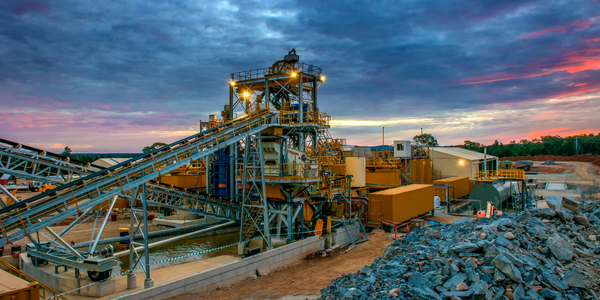
Case Study
Goldcorp: Internet of Things Enables the Mine of the Future
Goldcorp is committed to responsible mining practices and maintaining maximum safety for its workers. At the same time, the firm is constantly exploring ways to improve the efficiency of its operations, extend the life of its assets, and control costs. Goldcorp needed technology that can maximize production efficiency by tracking all mining operations, keep employees safe with remote operations and monitoring of hazardous work areas and control production costs through better asset and site management.
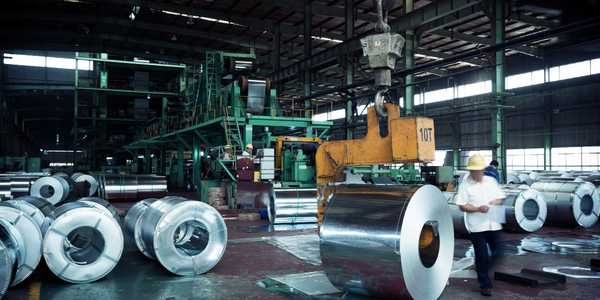
Case Study
KSP Steel Decentralized Control Room
While on-site in Pavlodar, Kazakhstan, the DAQRI team of Business Development and Solutions Architecture personnel worked closely with KSP Steel’s production leadership to understand the steel production process, operational challenges, and worker pain points.

Case Study
Bluescope Steel on Path to Digitally Transform Operations and IT
Increasing competition and fluctuations in the construction market prompted BlueScope Steel to look toward digital transformation of its four businesses, including modern core applications and IT infrastructure. BlueScope needed to modernize its infrastructure and adopt new technologies to improve operations and supply chain efficiency while maintaining and updating an aging application portfolio.
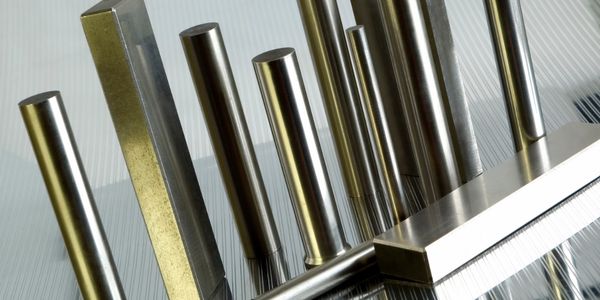
Case Study
RobotStudio Case Study: Benteler Automobiltechnik
Benteler has a small pipe business area for which they produce fuel lines and coolant lines made of aluminum for Porsche and other car manufacturers. One of the problems in production was that when Benteler added new products, production had too much downtime.
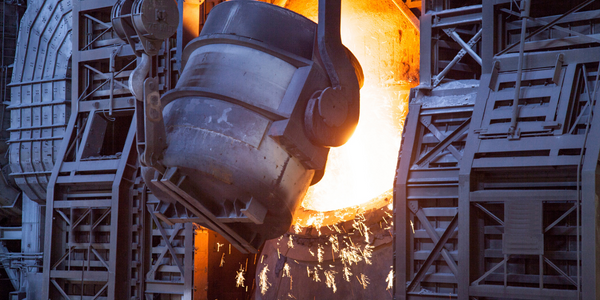
Case Study
Continuous Casting Machines in a Steel Factory
With a very broad range of applications, steel is an important material and has been developed into the most extensive alloy in the engineering world. Since delivering high quality is absolutely crucial for steel plants, ensuring maximum productivity and the best quality production are the keys to competitiveness in the steel industry. Additionally, working conditions in steel factories are not suitable for workers to stay in for long periods of time, so manufactures usually adopt various machines to complete the steel production processes. However, the precision of these machines is often overestimated and the lack of flexibility also makes supervisors unable to adjust operating procedures. A renowned steel factory in Asia planned to improve its Distributed Control System (DCS) of furnaces as well as addressing the problem of insufficient accuracy. However, most well-known international equipment suppliers can not provide a satisfactory solution and local maintenance because the project needed new technologies to more accurately control equipment operations. By implementing Advantech’s automated monitoring and control solution, steel factories can not only improve the manufacturing processes but can also allow users to add additional functions to the existing system so as to make sure the operation runs at high efficiency.

Case Study
Automated Predicitive Analytics For Steel/Metals Industry
Asset to be monitored: Wire Compactor that produces Steel RebarCustomer Faced The Following Challenges:Dependent upon machine uptime.Pressure cylinders within the compactor fail to control compression and speed causing problems in binding the coil.Equipment failure occurs in the final stage of production causing the entire line to stop, can you say bottleneck?Critical asset unequipped with sensors to produce data.




